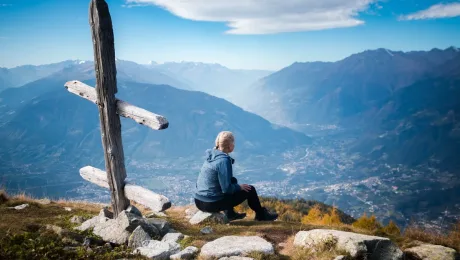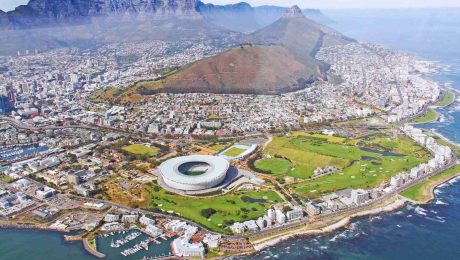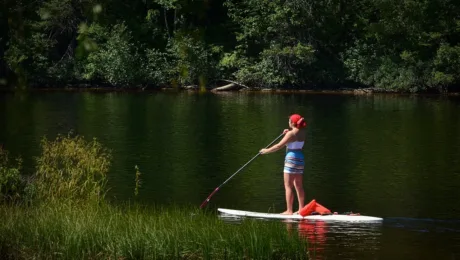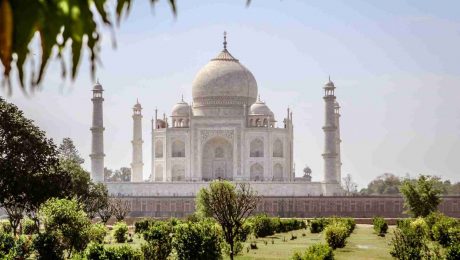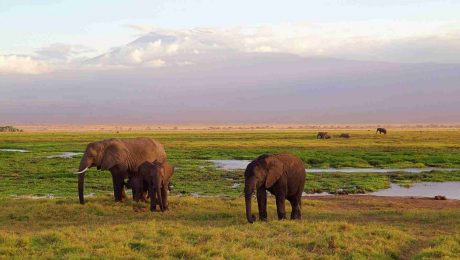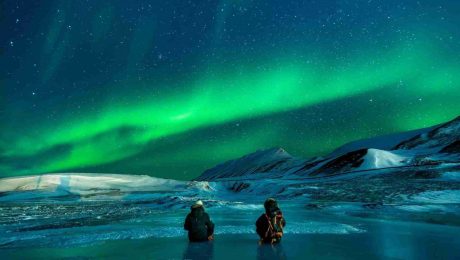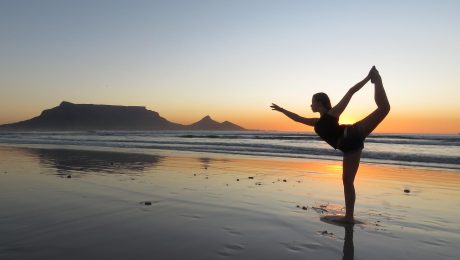Are you ready for an Exploration Holiday?
What is an Exploration Holiday? If you’re tired of the same old tourist traps and packaged holidays, then it’s time to consider an exploration holiday. These trips are designed to take you off the beaten path and show you parts of the world that most people never get to see. Exploration holidays are all about
- Published in Specialist Travel
A Guide to Travelling in South Africa
Few countries in the world can offer the diversity of wildlife and culture that travelling in South Africa allows. The southernmost country in the African continent and with a population of almost 60 million people, South Africa has something to satisfy any type of traveller. South Africa Safari A safari to South Africa is the
- Published in Specialist Travel
Active Holidays and Tours
A guide to active holidays and tours One of the most popular and increasingly advertised forms of travel is now the Active Holidays section. If you are one of those people who cannot just spend their days laid out on the beach, then you are certainly not alone. There is a growing market for holidays
- Published in Specialist Travel
Small Group Tours to India
Tours to India Are you looking for a tour to India? If you have already been on to Google and searched for the phrase, the majority of results will be from tour operators based in the country you are based in. We suggest that you should deal with a local operator based in India or
- Published in Specialist Travel
Sailing Holiday – Family Sailing Destinations
Sailing Holiday A sailing holiday is one of the most popular activity holidays. Sail in crystal blue seas. Stop at little coves with nobody but you on the beach. It sounds idyllic and it really is. Surprisingly, this type of holiday is not out of reach with a normal budget. Hiring a boat to sail
- Published in Specialist Travel
Things to consider when looking for a family safari holiday?
Taking a Safari holiday with the family Are you looking for a family safari holiday? If so, you will find an often overwhelming and sometime confusing selection of countries and wildlife experiences available. The good news is that there will be a safari available for your family if you have a realistic budget. Below we
- Published in Specialist Travel
Iceland and the Northern Lights
Iceland – The Northern Lights Travelling to Iceland to see the Northern lights is on the top of many people’s bucket lists. The high latitude and long dark nights make Iceland one of the premier destinations in the world for viewing the aurora borealis. There are plenty of options for travellers as in recent years
- Published in Specialist Travel
How to book the perfect yoga retreat
Is there such a thing as the perfect Yoga retreat? Taking a break on a Yoga retreat is growing in popularity and becoming part of the mainstream holiday sector. They are no longer the domain of hippy travellers or similarly, stressed out city workers. The range of destinations and types of retreat that you can
- Published in Specialist Travel
- 1
- 2

